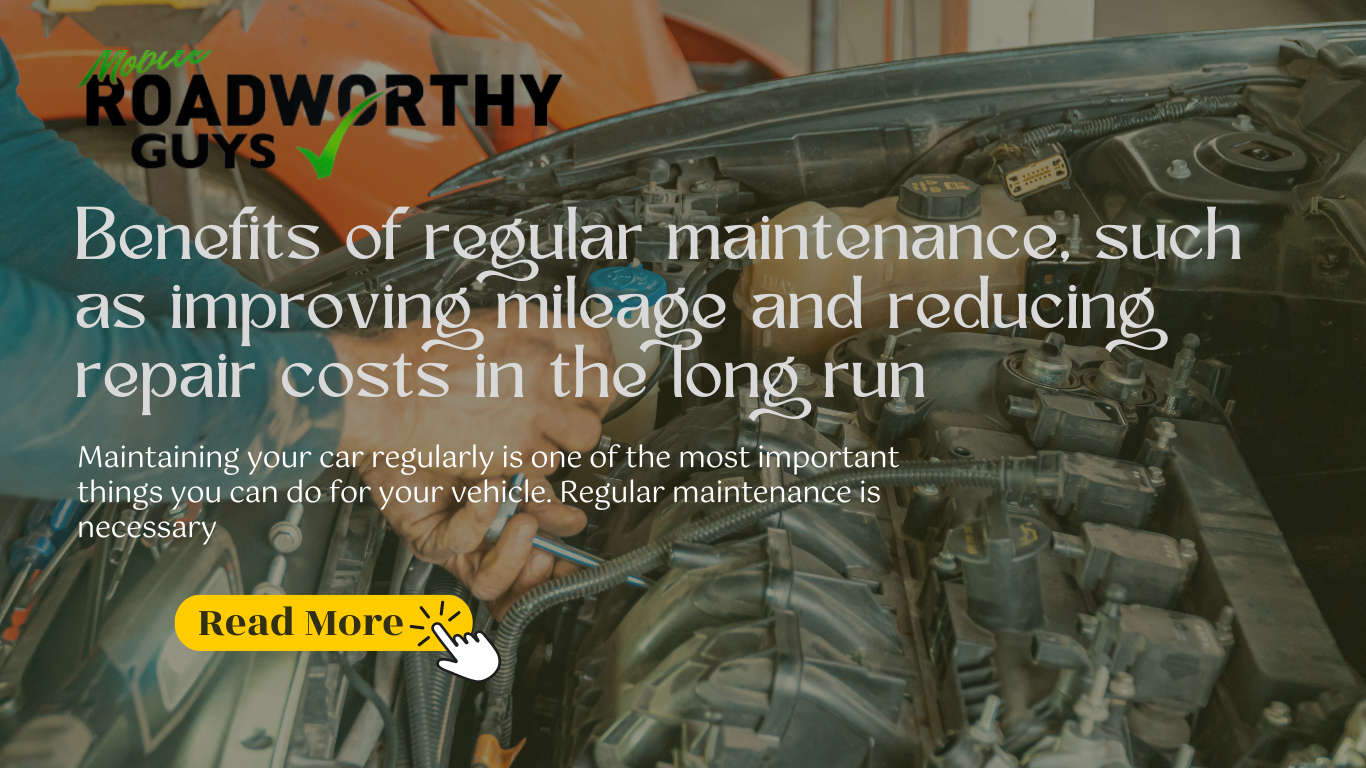Common Maintenance Services Offered at Mechanical Repair Shops
Do you own a car or other vehicle that needs regular maintenance and repair services? Are you looking for a reliable mechanical repair shop to handle all your maintenance needs? Look no further! Here, we’ll take a look at the most common maintenance services offered by mechanical repair shops. From oil changes and tire rotations to brake repairs and engine diagnostics, we’ll cover all the essential maintenance services that will keep your vehicle running smoothly. So, read on and learn more about the services your car needs to stay in top condition.

1) Tire Rotation
Tire rotation is a maintenance service offered at mechanical repair shops and should be performed periodically to ensure safe and optimal performance from your vehicle. It involves removing the tires from the vehicle and rotating them from one wheel to another. This helps even out the wear on the treads, as some tires will experience more wear than others due to driving habits. During the rotation, technicians may also check for signs of tire damage such as cracks, bulges, or tears in the sidewalls. After the rotation is complete, they will replace the tires and inflate them to the manufacturer’s specified pressure. Tire rotation helps extend the life of your tires and improves your overall fuel efficiency.
2) Wheel Alignment
Wheel alignment is an essential service for ensuring that your car’s wheels are set up in the proper position. This service helps to reduce premature tire wear and ensures that your car is operating at its peak performance. Mechanics will use a specialized machine to measure the toe, camber, and caster of each wheel, then make adjustments as necessary to align them. Regular wheel alignment services are important for improving gas mileage, increasing tire life, and providing optimal handling while driving.
3) Brake Service
Brake service is one of the most important maintenance services offered at mechanical repair shops. This service includes inspecting, repairing, or replacing brake pads, calipers, rotors, and other related brake components. During a brake service, the technician may also inspect the brake fluid levels, lines, hoses, and more. Without proper brake service, your car will be unable to stop safely and efficiently, which can put you and other drivers at risk. When you get your brakes serviced, it’s essential to make sure the technician replaces any worn or damaged parts and that all brake components are properly lubricated to ensure smooth and safe operation.
4) Oil Change
Regular oil changes are essential for the proper maintenance of your vehicle. This service involves draining the old oil from the engine, replacing it with new oil, and inspecting other related parts, such as filters and spark plugs. Oil changes should be performed regularly, as old oil can become thick and create friction in the engine, decreasing its performance. During an oil change service, technicians will use quality parts and make sure that the oil is in the correct grade for your vehicle. If you neglect to get an oil change, your engine can suffer damage and need costly repairs. Make sure to get regular oil changes for your vehicle to keep it running smoothly.
5) Coolant Flush
A coolant flush is an important service that should be done regularly at your local mechanical repair shop. This service involves removing all of the old, contaminated coolants from your car’s radiator and refilling it with new, clean coolant. It is important to flush the coolant system regularly to prevent buildup and rust from forming in the radiator and engine block. Doing a coolant flush every year or two can keep your car running smoothly and prevent serious damage down the road. Your mechanic will be able to recommend a timeline for when your car needs to have a coolant flush performed.
6) Power Steering Fluid Flush
Power steering fluid helps to keep your car’s power steering system running smoothly and efficiently. To ensure that your car’s power steering system is running at its best, you should get a power steering fluid flush regularly. During the power steering fluid flush, mechanics will drain the old fluid and replace it with fresh fluid. This helps prevent power steering problems like hard steering, noisy operation, and worn parts. With regular power steering fluid flushes, you can be sure that your car’s power steering system will remain in good condition for years to come.
7) Transmission Flush
A transmission flush is a necessary service for any vehicle. This service helps to ensure that the fluids in the transmission are fresh, clean, and at the correct level. During a transmission flush, the old fluid is completely drained from the system and replaced with new fluid. A professional technician will also inspect the system for any signs of wear or damage that needs to be addressed. This helps maintain smooth and reliable shifting, as well as reduce wear and tear on the transmission components.
8) Differential Fluid Change
Differential fluid changes are a crucial part of vehicle maintenance that is often overlooked. This service helps to ensure that the differential is running smoothly and efficiently, which can improve the performance and longevity of the vehicle. Differential fluid change services involve draining out the old fluid and replacing it with new, clean fluid. It’s important to note that not all vehicles require this type of service; check with your repair shop to determine whether your vehicle needs a differential fluid change. The technician should be able to inspect the differential and provide information on what type of fluid is best for your vehicle. Regularly changing the differential fluid can help to extend the life of your vehicle, while also improving its performance.






